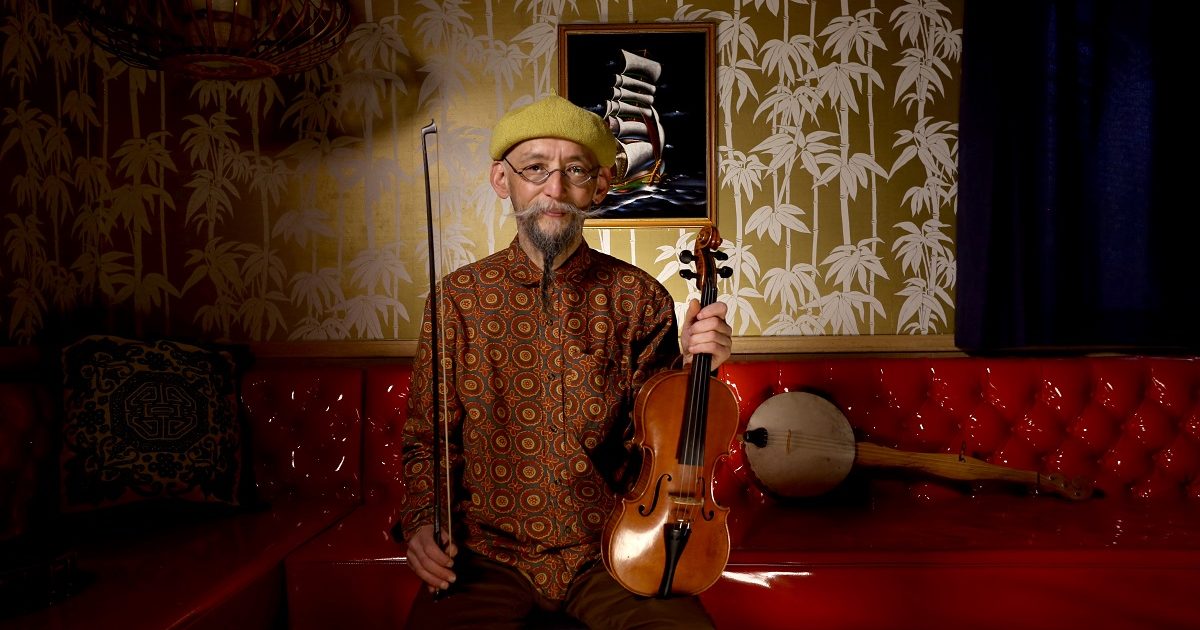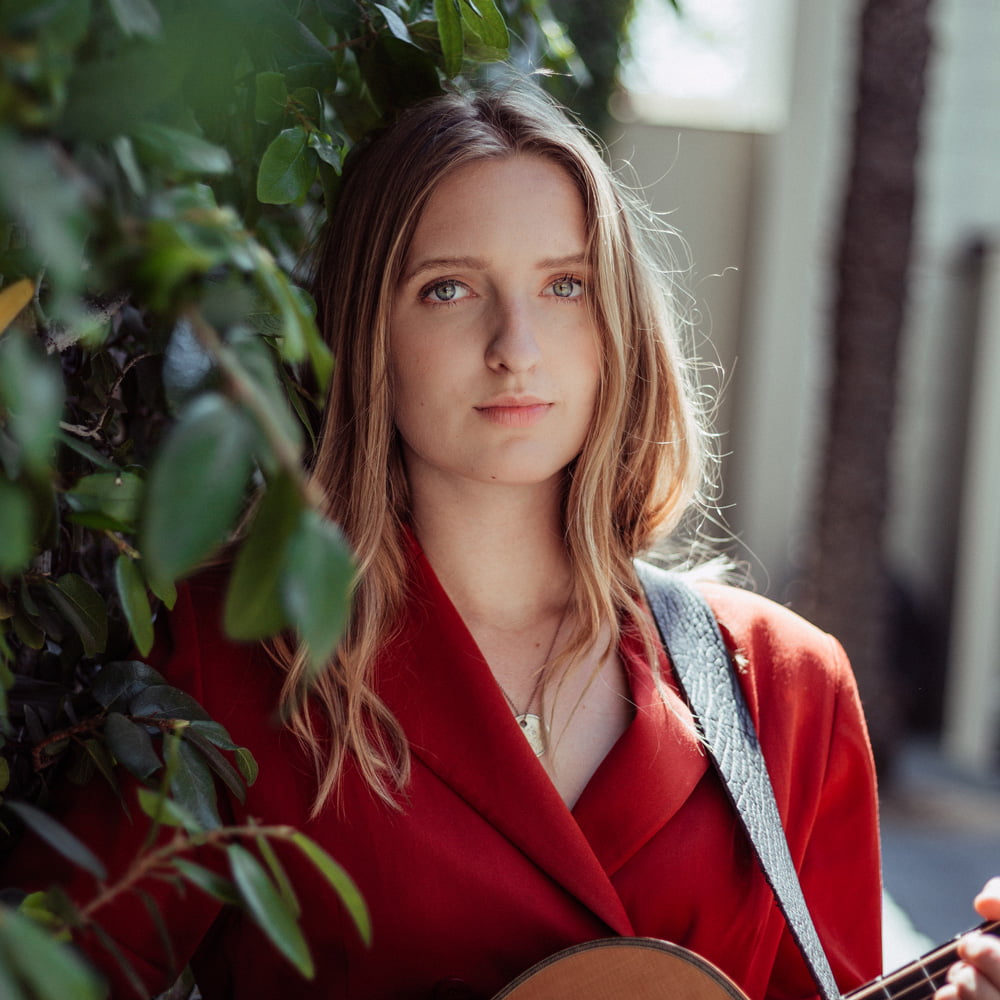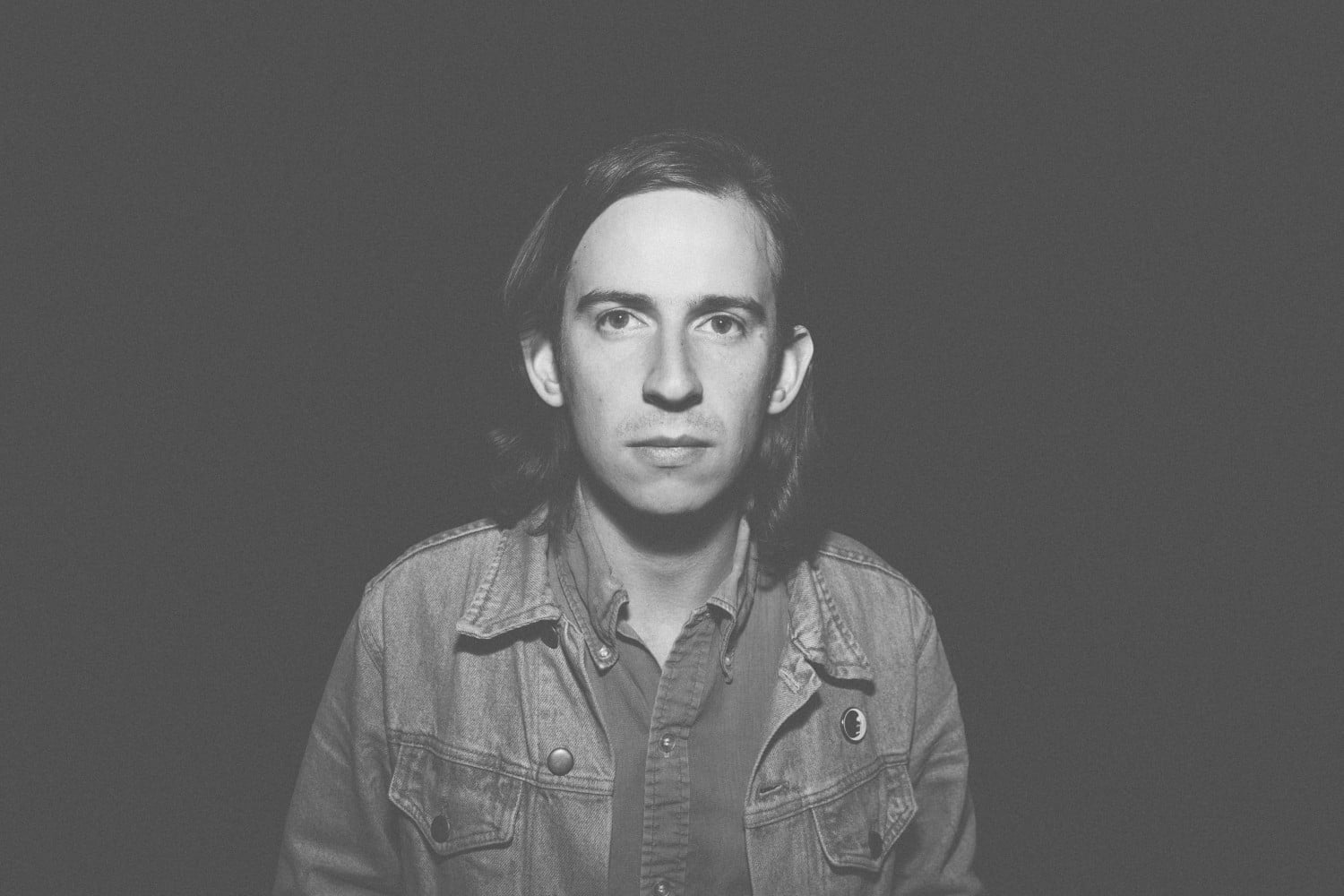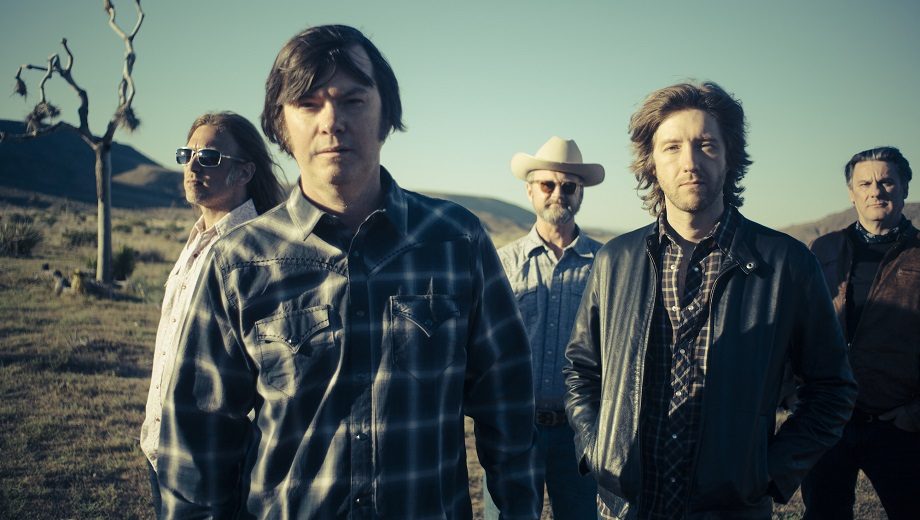Takaki Kosuke, affectionately known as Bosco, has long been part of the tapestry of old-time music. Growing up in Japan, he found American folk music and began traveling to the United States as a teenager. Now 62, Bosco holds a deep respect for the stories and the people behind the tunes, which is evident in every note he plays. A light heart full of memories and passion infuses his music with flow, solidity, and earthiness. His fiddle style is impeccably drawn from the very best of the “old-timers” yet uniquely marked by his own empathetic nature, making him one of the inimitable old-time musicians of his generation.
Could you introduce yourself?
My real name is Kosuke. Born the 8th of January, 1961. One of my first trips to the States, I stayed with Mike Ross in Michigan. He took me to the Wheatland Festival where he introduced me to his wife Mary: “This is Kosuke from Japan.” We both said hi, nice to meet you, we shook hands and then Mary asks Mike: “Is his name Bosco???” The other people there loved it. And then someone gave me a baseball cap which says BOSCO. It just stuck!
Is your family musical?
My mother’s aunt was a professional singer. She was quite popular in Japan. My mother loves music, she sings a lot. I have an older brother and I got his old guitar when I was 12, 13 years old. Then on my first trip to the States…I wasn’t into music so much around that time, but somehow I picked up the dulcimer.
How did you discover old-time music?
New Lost City Ramblers. The Carter Family. I listened to Japanese contemporary folk music, which is influenced by American folk music, and I started listening to Bob Dylan and Jack Elliot and then I found the Carter Family, Woody Guthrie, the blues…
How did you start playing fiddle?
I started playing fiddle tunes on the dulcimer. And I got a mountain-style banjo and started going to a small coffeehouse in Tokyo. My uncle wanted to be a violinist. He bought a violin, but he just couldn’t play it. So he gave it to me! It was a cheap Suzuki, but I started to learn on that. I already knew some fiddle tunes on dulcimer and banjo, so I started to play the melodies on fiddle.
When did you start coming to America?
My first trip to the States was when I was in high school. I was interested in American pop culture. Then John Herrmann came to Japan. That was BIG. I was 17 when I met John, he didn’t fiddle much, not the way he fiddles now, but it was my first time to be with an old-time musician from the States. After he went back to the States I decided to visit. That’s how it started. I went to the States almost every year in the ‘80s. In the ‘90s I got out of school — I’m an acupuncturist — and then I met my guru of acupuncture and I didn’t go to the States in the ‘90s at all. In ‘02 or ‘01, Alice [Gerrard] put on an International Old Time Music event at Merlefest. Then my coming to the States started again.
Tell me about your early experiences with old-time music in the States.
Old-time music found me. It suits me! Early on I took a fiddle class at Augusta with Gerry Milnes and he brought some real old-time fiddlers like Melvin [Wines] and Ernie [Carpenter], and the first time I heard Ernie: WOWWWWWWW!!!! Oh, Ernest! Totally different from New Lost City Ramblers! The banjo instructor was Dwight Diller. After Augusta he asked me to stay with him and took me to see Hammonses. Hammonses, they’re very poor. I was a kid from Tokyo, and all my images of America were like San Francisco and New York…and this…wow, this is REAL. Where they live. Not only the music. The landscape, and how they live…it just got me.
And then I met someone who took me to see Tommy Jarrell. Tommy…POW!!! So powerful, so energetic. Really different from Hammonses. Hammonses are more laid-back, real country people. But Tommy’s like someone from New York! His sense of humor, and he welcomes everybody. Grandfather to all of us from outside Southern Appalachian culture. Talking about culture is a very deep subject. On the surface, Japan is much like Western culture, not like other parts of Asia. Because Japan lost the War, then all the Western culture changed Japan, covered all the stuff beneath. All of us on the internet now, I don’t feel any difference as far as I am here and you are over there. I stay with old-time friends; it’s community. It feels more comfortable to stay with them than with a stranger in Japan. I visit old-time friends in Europe, and feel very comfortable with them, too. It’s like a lost family.
Has the internet and social media changed the way you connect with the community?
It makes it deeper. Like David Bragger, who produced my CD. The first time I met him: Oh, I know this guy! I felt close to him. And some I met back in the ‘80s, back when I started music…even some I never talked with, we saw each other at festivals, played a couple of tunes…we never talked, but we feel close now.
How would you describe your playing style?
In the ‘80s young people played “hippie style”…what they call “festival style” now. At that time everybody stood up. Now people will sit down, but back then, NEVER. They’d stand in a tight circle and play and play and play. So I was more into that kind of stuff. I almost forgot how Hammonses played. Even the tunes from Hammonses I played in hippie style. Even back in Japan, Round Peak/hippie style. But then! Jimmy Triplett came to Japan one summer to study in Kyoto. We got together almost every week to play. When I heard his fiddle: WOW. This is the kind of music I wanted to play at the beginning, when I was with Hammonses and with Ernie. So now I listen to more of the old stuff, old field recordings…
How did the Tiki Parlour project come about?
I played Quarantine Happy Hour. After the show I had a high time, I really enjoyed the comments. Some people I’ve not seen for 20 years, or people I saw at festivals back in the ‘80s and thought wow, these people, they sound great…They made good comments and so I got really excited. Then David asked me to make a solo CD and I’m like YES! OK! So I recorded it here in my home, straightaway.
It’s just you, solo?
Just me. I got to listen to my own recording and judge it. That’s hard. One day: Oh, this is great! And other days: God, it sucks! Pretty good! Oh, no! This is awful! The hardest part was writing the liner notes in English.
Memory and connection are a big part of the notes.
When I met Maggie Hammons she couldn’t sing or play banjo anymore. But my one and only banjo instruction book had Maggie on the cover…Maggie! There are lots of pictures in the liner notes, photos I took on those first trips. And another thing! When I met Hammonses, Tommy, other old people back then, I couldn’t speak much English. And I had just started fiddle. If I could meet them now I could ask more, not only about the music but about their life. And learn more by watching them. So sometimes I feel: Oh, I wish I could meet them now! But on the other hand, I meet the young people and they’re like: WOW! You met Tommy?!?! You met Burl [Hammons]?!?! You met Hammonses?!?! So I think: I am one of the last generations who met those old-timers who learned the music before the radio days. And I feel lucky to have met them before it was too late.
Is there a message you hope to send with this project?
We talked about community. It’s not divided by nationality. It’s more like something above. Above those individual groups of the nations, groups of the nationalities, groups of the colors. Something above these things. You can connect up there. I can’t be friends with everybody, everybody in the world. I hate some people, some hate me. It’s normal, you can’t be friends with everybody. But you can connect with other people on some level. Maybe if I get older and spiritually if I get much higher I can connect with more people. But now…it’s…steps.
Do you ever wish you had moved to America?
That’s the reason I became an acupuncturist. Ray Alden asked me what my father does. I said, he’s a doctor. “Eastern medicine?” No, Western. “Ohhhh….with Eastern medicine you can make a living here.” That’s when I was still in college. Aha! So I checked out the acupuncture school here. Ray Alden made me an acupuncturist. But then I finished acupuncture school and got licensed and then I met my acupuncture guru and decided to study with him. So moving to the States never happened.
You have an interesting story.
Most people expect a more interesting story, how I found old-time music. But it’s much the same story as people in New York, how they find old-time music, people in Boston, how they find old-time music. It’s just…met the right people at the right time. If old-time didn’t find me I would be a totally different person now. A totally different life, without the music. But it’s not just the music. It’s community.
Photo Credit: David Bragger



